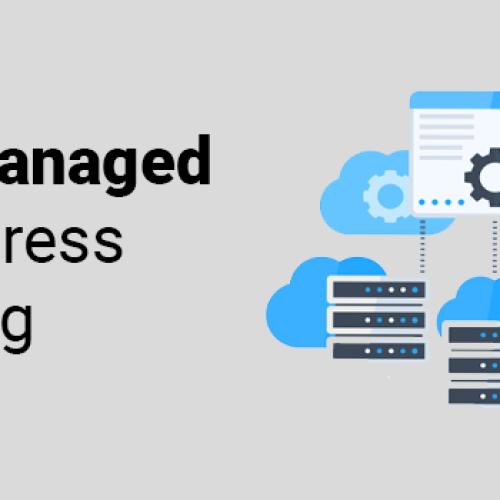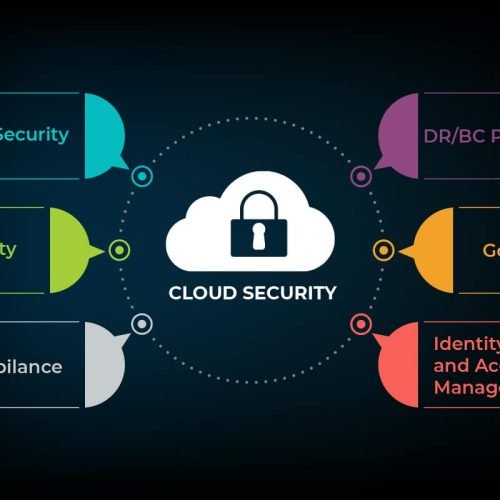Introduction
Cloud hosting has transformed the internet. From powering small business websites to running global SaaS platforms, the cloud is now the backbone of the digital economy. In 2025, its importance is greater than ever, with AI, edge computing, and sustainability driving innovation.
But what does the future hold for cloud hosting? And how can businesses choose the right providers to maximize performance, security, and growth?
In this article, we’ll explore the key trends in cloud hosting for 2025, the technologies shaping the industry, and the impact they bring to businesses of all sizes.
👉 Ready to experience the future of hosting? Start with:
- Hostinger
- SiteGround
- Kinsta
- Cloudways
- Secure access with NordVPN
Why Cloud Hosting Is Critical in 2025
- Scalability: Businesses can instantly adapt to demand spikes.
- Performance: Cloud infrastructure ensures faster websites and apps.
- Global Reach: Data centers worldwide deliver localized experiences.
- Security: Advanced protocols protect sensitive data.
- Cost Efficiency: Pay for what you use, optimize resources.
Cloud hosting is no longer a luxury—it’s the standard for digital businesses.
Key Trends in Cloud Hosting (2025)
1. AI-Powered Hosting Optimization
AI is being used to:
- Predict traffic spikes and auto-scale resources.
- Optimize caching and content delivery.
- Detect anomalies for security monitoring.
👉 Providers like Kinsta and Cloudways already integrate automation for smarter performance.
2. Edge Computing
Instead of relying solely on central data centers, edge computing processes data closer to users. Benefits include:
- Lower latency.
- Faster response times.
- Improved user experience for apps and IoT devices.
💡 Hosting providers are building edge networks to meet demand.
3. Green Hosting & Sustainability
Sustainability is no longer optional. In 2025:
- Providers use renewable energy to power data centers.
- Companies like SiteGround and Kinsta leverage Google Cloud’s carbon-neutral infrastructure.
- Businesses gain SEO and branding advantages by going green.
4. Multi-Cloud and Hybrid Strategies
Relying on a single provider is risky. In 2025:
- Businesses adopt multi-cloud setups (AWS, Google Cloud, DigitalOcean).
- Tools like Cloudways make managing multi-cloud easier.
5. Serverless Hosting
With serverless, businesses pay only for execution time. Advantages include:
- Cost efficiency.
- Automatic scaling.
- Simplified deployment.
This model is growing rapidly in SaaS and e-commerce.
6. Security-First Hosting
Cyberattacks are at an all-time high. Future hosting prioritizes:
- Zero-trust architectures.
- Automated backups and recovery.
- Encrypted connections for admins and users.
👉 Secure logins with NordVPN ensure safe server management.
Technologies Driving the Future of Hosting
AI & Machine Learning
Powering predictive analytics, automated scaling, and smart resource allocation.
5G Connectivity
Low latency and higher bandwidth revolutionize mobile hosting.
Containerization (Docker, Kubernetes)
Increases flexibility for developers managing microservices.
Automation Tools
Reduce human error in deployments and updates.
Business Impact of Cloud Hosting Trends
For Small Businesses
- Affordable plans (like Hostinger) bring enterprise-level performance.
- Improved SEO rankings through faster speeds.
For Agencies
- SiteGround offers tools for managing multiple client sites securely.
For Enterprises
- Kinsta enables premium scalability with Google Cloud’s infrastructure.
- Cloudways supports multi-cloud flexibility.
Comparison Table: Cloud Hosting Providers in 2025
| Provider | Key Strengths | Best For |
|---|---|---|
| Hostinger | Affordable, fast LiteSpeed servers | Startups, SMBs |
| SiteGround | Premium support, eco-friendly, AI anti-bot | Agencies, SMBs |
| Kinsta | Enterprise-level WordPress, Google Cloud C2 | SaaS, enterprises |
| Cloudways | Managed multi-cloud, pay-as-you-go | Developers, agencies |
Checklist: How to Choose Your Cloud Hosting in 2025
- Define business needs (traffic, scalability, compliance).
- Evaluate performance benchmarks (speed, uptime, Core Web Vitals).
- Check security (SSL, firewalls, backups, VPN support).
- Compare costs (fixed vs pay-as-you-go).
- Choose providers with proven reliability and support.
FAQ – Frequently Asked Questions
Is cloud hosting better than shared hosting in 2025?
Yes. Cloud hosting provides scalability, performance, and security unmatched by shared hosting.
Which provider is best for small businesses?
Hostinger offers affordability and strong performance.
Which cloud hosting is best for enterprises?
Kinsta and Cloudways provide enterprise-level scaling and flexibility.
Do I need a VPN if I use secure hosting?
Yes. Hosting protects your site, but VPNs like NordVPN protect your admin logins and remote connections.
Conclusion
The future of cloud hosting in 2025 is defined by AI, sustainability, multi-cloud flexibility, and advanced security. Whether you’re running a small business website, managing clients, or scaling SaaS, choosing the right provider will determine your success.
👉 Ready to future-proof your hosting? Start here:
- Budget-friendly power → Hostinger
- Premium stability → SiteGround
- Enterprise growth → Kinsta
- Flexible cloud scaling → Cloudways
🔒 And always secure your access with NordVPN.
Cloud hosting isn’t just infrastructure—it’s the foundation of business growth in the digital era. 🚀








